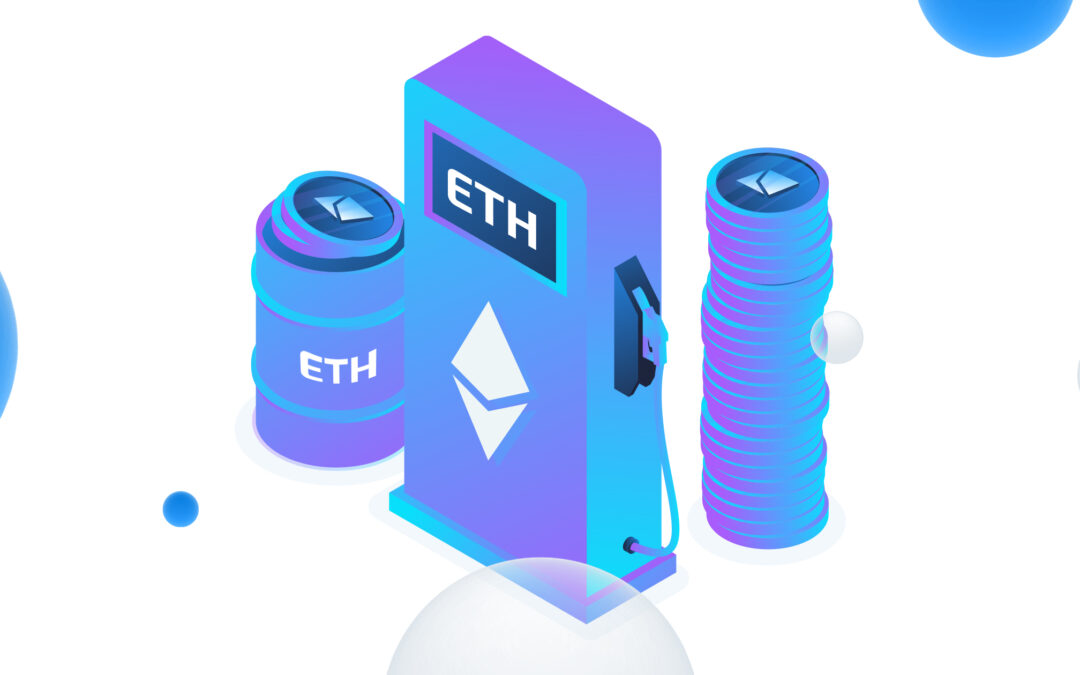What is the Role of Gas Fees in Ethereum Transactions?
In the world of blockchain and cryptocurrencies, Ethereum stands out as a platform that enables developers to create decentralized applications (dApps) and smart contracts. But behind the scenes of these complex interactions lies a crucial element that often confuses newcomers: gas fees. If you’ve ever wondered what gas fees are, why they matter, and how they affect your transactions on Ethereum, you’re in the right place.
Understanding Gas Fees
At its core, gas refers to the unit that measures the amount of computational effort required to execute operations on the Ethereum network. Just like cars require fuel to run, Ethereum transactions need gas to be processed. When you send ETH or interact with a smart contract, you’re essentially paying for the computational resources needed to carry out your request.
Why Are Gas Fees Necessary?
Gas fees serve several critical purposes in the Ethereum ecosystem
Incentivizing Miners
Ethereum relies on a decentralized network of miners who validate transactions and maintain the blockchain. Gas fees act as a reward for these miners, encouraging them to continue securing the network and processing transactions. The higher the gas fee you’re willing to pay, the more likely your transaction will be prioritized by miners.
Preventing Spam
Without gas fees, malicious users could flood the network with countless transactions, overwhelming it and making it difficult for legitimate users to transact. By requiring a fee for each transaction, Ethereum effectively discourages spam and helps maintain the network’s efficiency.
Resource Allocation
Gas fees help manage the limited computational resources on the Ethereum network. Each transaction consumes a certain amount of gas, and miners prioritize transactions based on the fees attached. This system ensures that higher-priority transactions are processed more quickly, especially during peak times when the network is busy.
How Are Gas Fees Calculated?
Gas fees are composed of two main components: the gas limit and the gas price.
Gas Limit
This is the maximum amount of gas you are willing to spend on a transaction. It essentially sets a cap on how much computational work you’re willing to pay for. If a transaction requires more gas than the limit set, it will fail, but you will still lose the gas fee for the portion of the transaction that was executed.
Gas Price
This is the amount of ETH you are willing to pay per unit of gas. Gas prices fluctuate based on network demand; during times of high demand, gas prices can soar, leading to higher transaction costs. Conversely, when the network is less busy, gas prices tend to decrease.
The total transaction fee is calculated by multiplying the gas limit by the gas price. For example, if your gas limit is set at 21,000 units and the gas price is 100 gwei (a common unit of measure for gas prices), your total transaction fee would be 0.0021 ETH.
Tips for Managing Gas Fees
Monitor Network Activity
Before initiating a transaction, it’s wise to check current gas prices. Websites like EthGasStation provide real-time updates on gas fees, helping you decide the best time to transact.
Set a Reasonable Gas Limit
If you’re interacting with a complex smart contract, make sure to set a gas limit that accommodates its requirements. Overestimating can save you from failed transactions.
Use Gas Fee Estimators
Many wallets and platforms offer gas fee estimators that calculate the appropriate gas limit and price for your transaction, helping you avoid overpaying.
Consider Layer 2 Solutions
If you frequently use Ethereum for transactions, exploring Layer 2 solutions like Optimistic Rollups or zk-Rollups may significantly reduce your gas fees while maintaining security.
Conclusion
Understanding gas fees is essential for anyone looking to navigate the Ethereum ecosystem effectively. By recognizing the role of gas in transactions, you can make more informed decisions and optimize your interactions on the platform. While gas fees may seem like a hurdle, they play a vital role in maintaining the integrity, efficiency, and security of the Ethereum network. So, the next time you make a transaction, you’ll appreciate the intricate workings that keep the blockchain running smoothly. Happy transacting!

